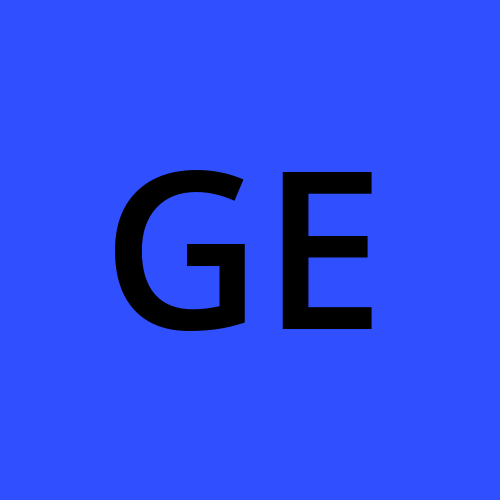AI And Decentralized computing : Its challenges and solutions from CUDOS/ASI
 Godwin Edet
Godwin Edet
Decentralized AI is positioned as a solution to the increasing centralization of AI by tech giants like OpenAI, Google, and Facebook. Centralized AI systems hold massive control over data, computation, and innovation, creating significant risks in terms of monopoly power and lack of transparency. Blockchain provides the tools to decentralize AI, redistributing power and control to the community and enabling more open and transparent AI ecosystems. Decentralization not only democratizes access to AI but also allows for censorship resistance, data sovereignty, and composability in AI applications, which are critical for fair and inclusive AI development.
However, there are various challenges of AI in decentralized computing. The recent merger of CUDOS with ASI, Artificial Superintelligence Alliance came right on time. This merger is going to play a vital role in addressing the challenges of AI in decentralized computing thus bringing a remarkable change.
Let's look at these challenges and how CUDOS/ASI merger will drive the needed change.
Resource Management and Scalability
AI workloads (like deep learning models) require massive computational power. Decentralized networks must efficiently allocate and balance workloads across multiple nodes without central oversight.
Solution :CUDOS/ASI is designed to offer dynamic workload allocation across idle computing resources and integrates multiple cloud providers, enabling access to scalable and cost-effective resources. Its marketplace model ensures efficient utilization of available resources
Data Privacy and Security Risks
Decentralized cloud systems may expose sensitive AI data to vulnerabilities since multiple nodes are independently managed
Solution: CUDOS/ ensures secure data handling by leveraging blockchain technology for transparent and tamper-proof transactions. Additionally, encryption protocols and decentralized identity (DID) systems protect user data during computation.
Interoperability Issues with Cloud Providers
AI developers often require access to various cloud providers and specialized hardware (like GPUs), but interoperability can be a barrier
Solution : ASI will leverage CUDOS multi-cloud interoperability, allowing AI workloads to seamlessly move between cloud providers. Its platform also integrates GPU resources for AI applications, enhancing flexibility
Cost Management and Accessibility
Running AI models on traditional centralized clouds can be prohibitively expensive for smaller developers and enterprises
Solution: CUDOS reduces costs by utilizing idle infrastructure and providing dynamic, competitive pricing for resources. Its tokenized economy also incentivizes contributors to participate, further lowering operational costs for AI workloads
Subscribe to my newsletter
Read articles from Godwin Edet directly inside your inbox. Subscribe to the newsletter, and don't miss out.
Written by
